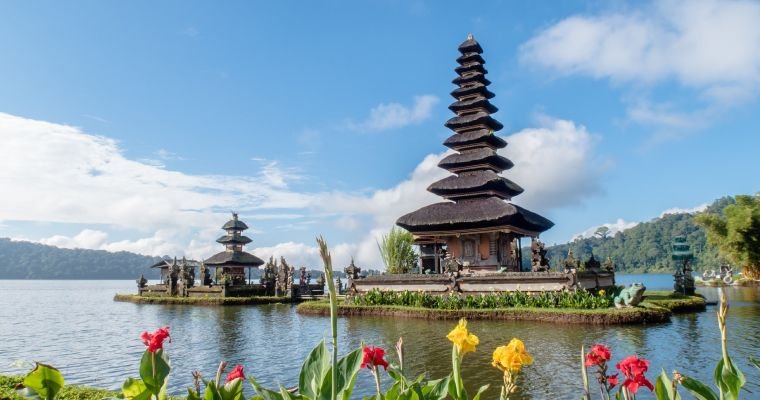Bali, the “Island of the Gods,” has long been a haven for tourists seeking pristine beaches, vibrant culture, and spiritual rejuvenation. However, the COVID-19 pandemic brought this paradise to a screeching halt, exposing the island’s dependence on tourism and the fragility of its economic prosperity.
Prior to the pandemic, Bali’s economy thrived on a steady influx of international visitors. In 2019, over 6 million tourists flocked to the island, contributing significantly to its GDP. Tourism directly employed over half of Bali’s workforce and indirectly supported countless other businesses. Restaurants, hotels, souvenir shops – all thrived on the tourist dollar.

Then came the pandemic. Border closures and travel restrictions slammed the brakes on Bali’s tourism industry. With international arrivals plummeting by over 99% in 2021 compared to the previous year, the economic impact was devastating. Businesses shuttered, unemployment skyrocketed, and the once-bustling island fell into an eerie silence.
The Bali government scrambled to mitigate the damage. Programs were implemented to support struggling businesses and displaced workers. Efforts were made to encourage domestic tourism, but it wasn’t enough to fill the void left by international visitors. Experts warned of the long-term consequences of Bali’s overreliance on tourism, urging diversification of the island’s economy.
As the world cautiously reopened in 2022, a glimmer of hope emerged for Bali. International borders began to ease, and long-awaited tourists started trickling back. While the recovery is slow, there’s a renewed sense of optimism. Local businesses are reopening, and the streets are gradually regaining their vibrancy.
However, the road to full recovery remains long. The tourism industry is still far from its pre-pandemic peak. New variants of the virus and ongoing travel restrictions continue to pose challenges.
Bali’s experience during the pandemic serves as a stark reminder of the vulnerability of economies heavily reliant on a single sector. As the island rebuilds, there’s a renewed focus on promoting sustainable tourism practices and fostering a more diversified economic landscape. This will ensure that Bali’s future remains as bright and resilient as its breathtaking scenery.




